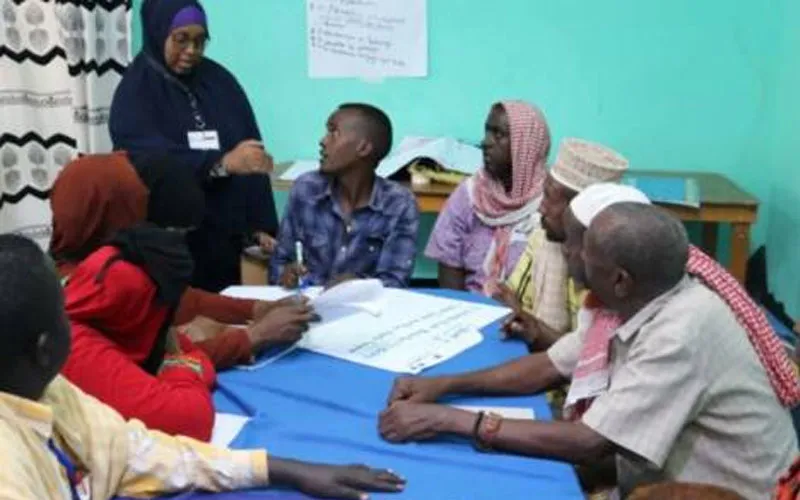Mogadishu, 16 August, 2022 / 8:55 pm (ACI Africa).
The Apostolic Administrator of Somalia’s Catholic Diocese of Mogadishu has expressed optimism that a recent meeting between Catholic Church leaders and high-level political leaders in Somalia will open more opportunities for Christians in the country to worship more freely.
In a report to the Information service of Propaganda Fide, Agenzia Fides, Bishop Giorgio Bertin said that he had joined a delegation of Catholic Church leaders for a meeting with top government officials in Somalia to establish working relationships with the government of the Horn of Africa country.
Bishop Bertin who is also the Local Ordinary of Djibouti noted that the Apostolic Nuncio in Ethiopia who doubles as the Apostolic Delegate to Somalia, Archbishop Antoine Camilleri, was also part of the delegation that spent four days in Mogadishu.
The delegation was able to meet Adan Madobe, the new president of the chamber, with whom the Church leaders discussed “confessional relations”, Bishop Bertin told Agenzia Fides.
“At the moment, as is well known, there are no diplomatic relations, but after 30 years, for the first time we meet with representatives at the highest level,” Bishop Bertin has been quoted as saying in the August 13 Agenzia Fides report.








